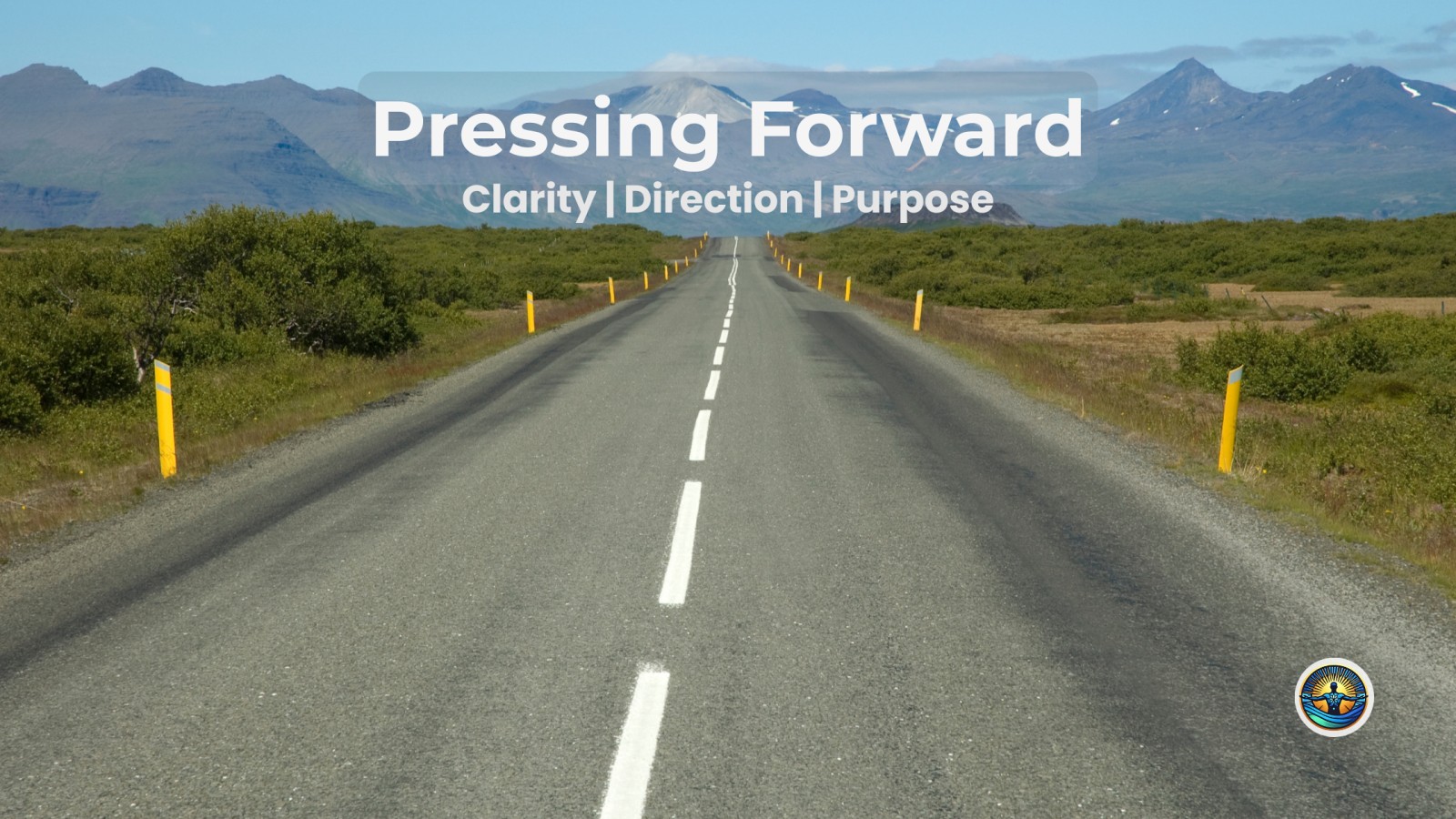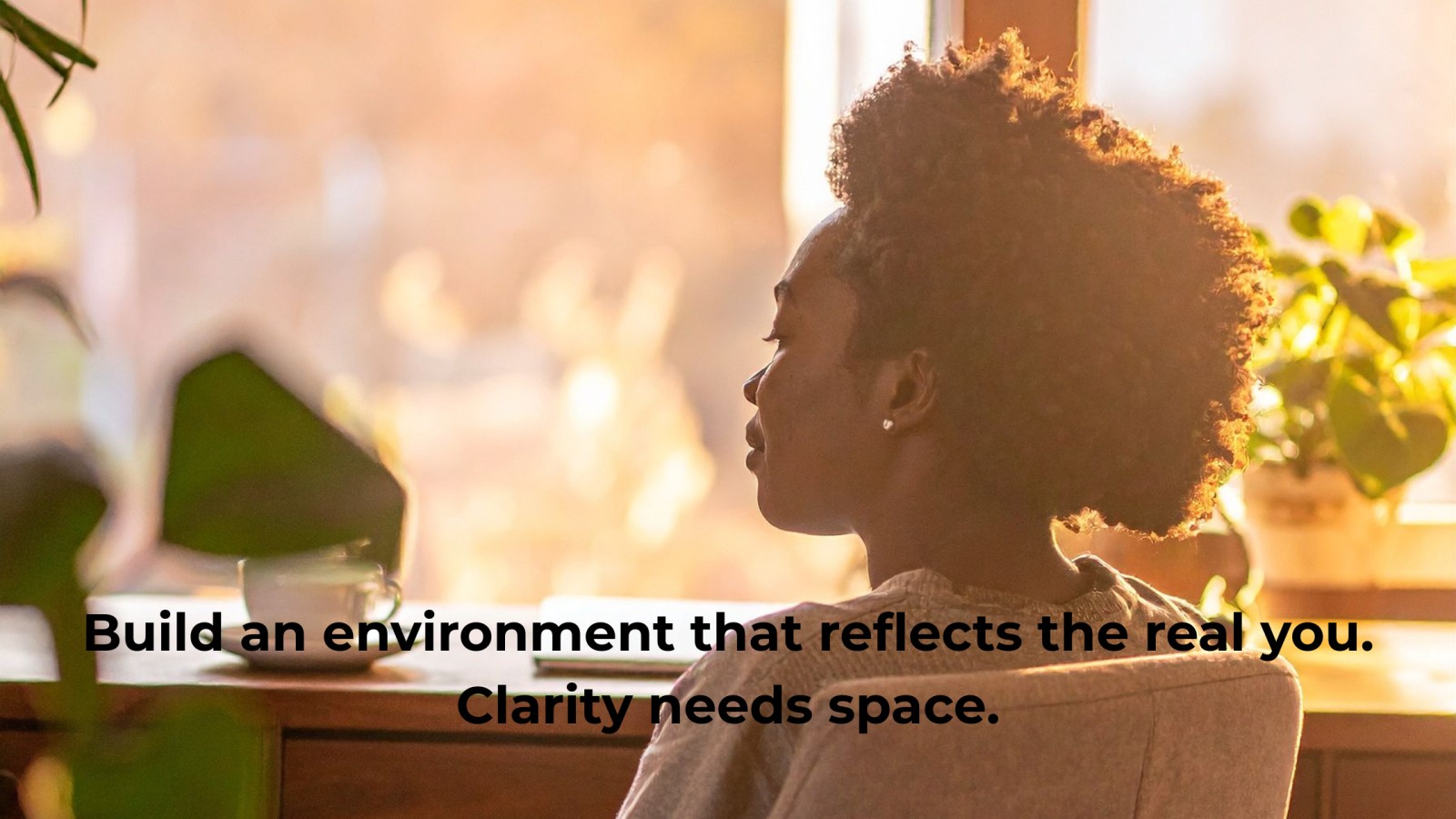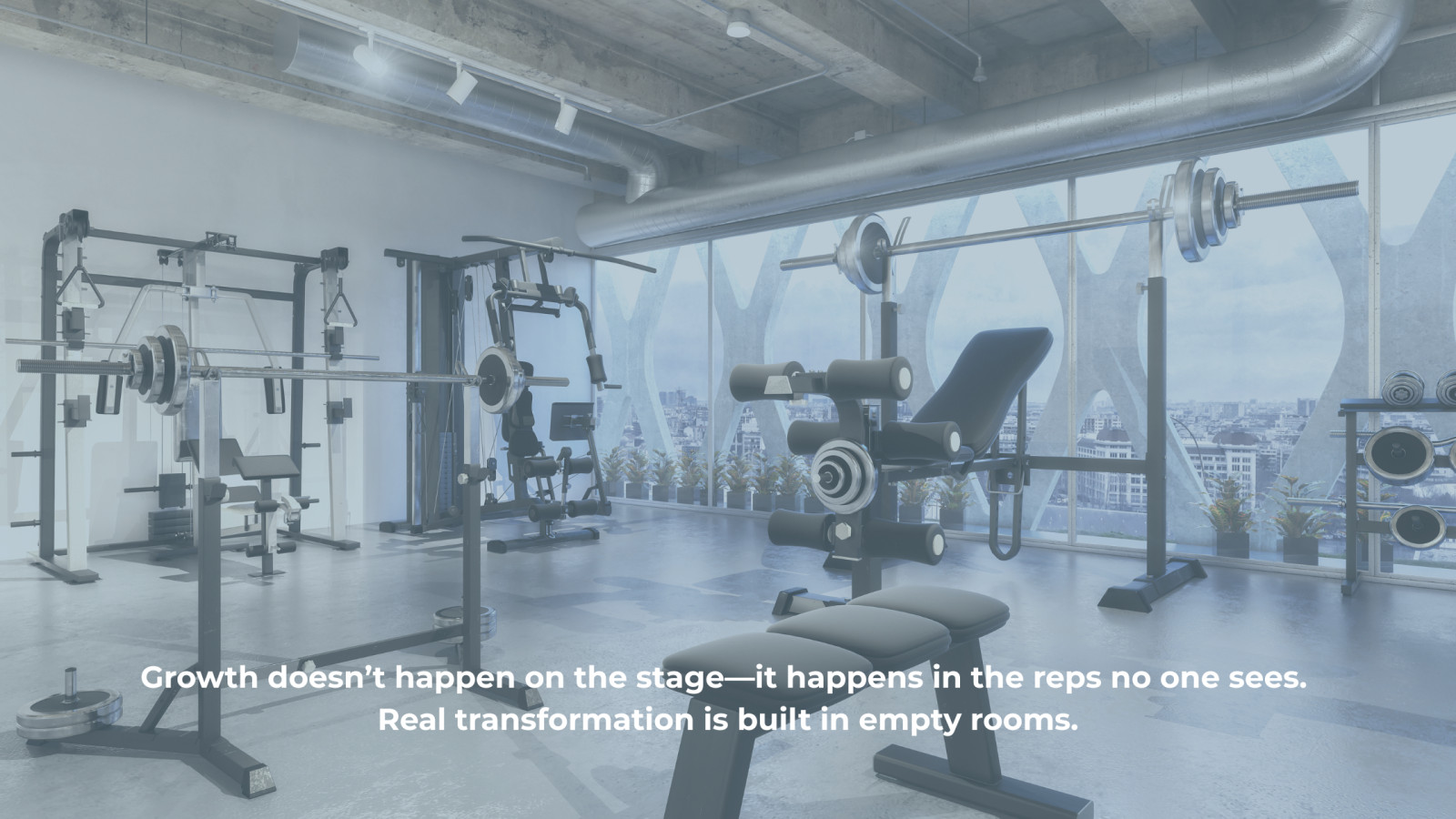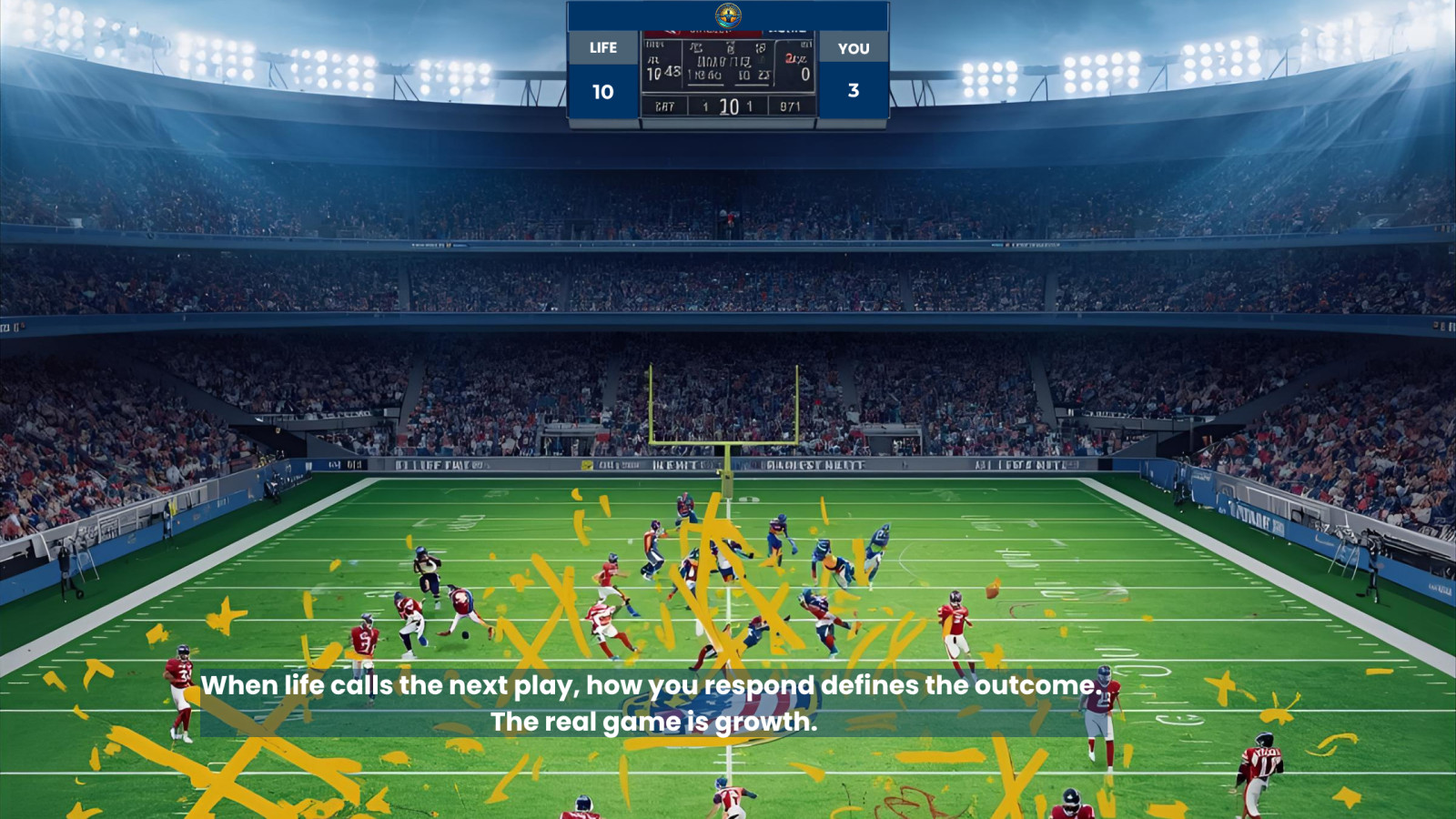
Can You Really Hear Me?: A Coach’s View on Listening
One unexpected benefit of my recent downsizing was the chance to spend some quality time with my mom. During the visit, we took care of an important medical issue — her hearing loss. After getting fitted with hearing aids, my mom smiled and said, “Now I won’t be embarrassed because I can’t understand what people are saying.”
That moment hit me hard. My mom has always been social, but I realized she had been withdrawing — not because she didn’t want to engage, but because she couldn’t fully hear and connect with others.
It got me thinking — how often do we really listen to each other? Not just hearing words, but understanding the meaning behind them. Stephen Covey said it best: “Most people do not listen with the intent to understand; they listen with the intent to reply.”
Listening is hard work. It takes focus, self-restraint, and a willingness to be fully present. In this post, I explore why we struggle to listen and share five practical tips to become a better listener — because when we truly hear each other, we create deeper trust and connection.
➡️ Read the full post to discover why listening matters — and how to get better at it.

In the face of economic uncertainty, political division, and rising anxiety, shaping our mindset can significantly impact how we confront these challenges. While external events are beyond our control, adopting a growth mindset empowers us to turn setbacks into opportunities. Inspired by the works of psychologist Carol Dweck, this perspective suggests that intelligence and abilities can be developed through effort, contrasting the stagnation often associated with a fixed mindset.
Real-life examples, such as Jayden Daniels' success with the Washington Commanders and Candace Parker's upcoming book on resilience, illustrate the profound effects of a growth mindset. Daniels exemplifies this by focusing on progress rather than setbacks, leading to his achievements despite high-pressure conditions. Parker's "can-do" attitude has anchored her through numerous life phases, underscoring the value of a growth-oriented approach in achieving long-term success and resilience.
Cultivating a growth mindset involves embracing challenges, practicing mindfulness, reframing negative thoughts, setting realistic goals, and seeking support. By doing so, individuals can transform fear into opportunity and redefine their paths aligned with personal growth. This transformation not only aids in navigating personal and professional challenges but also influences overall life outcomes, offering a framework for continuous improvement and adaptability in unpredictable times.
Read more...













